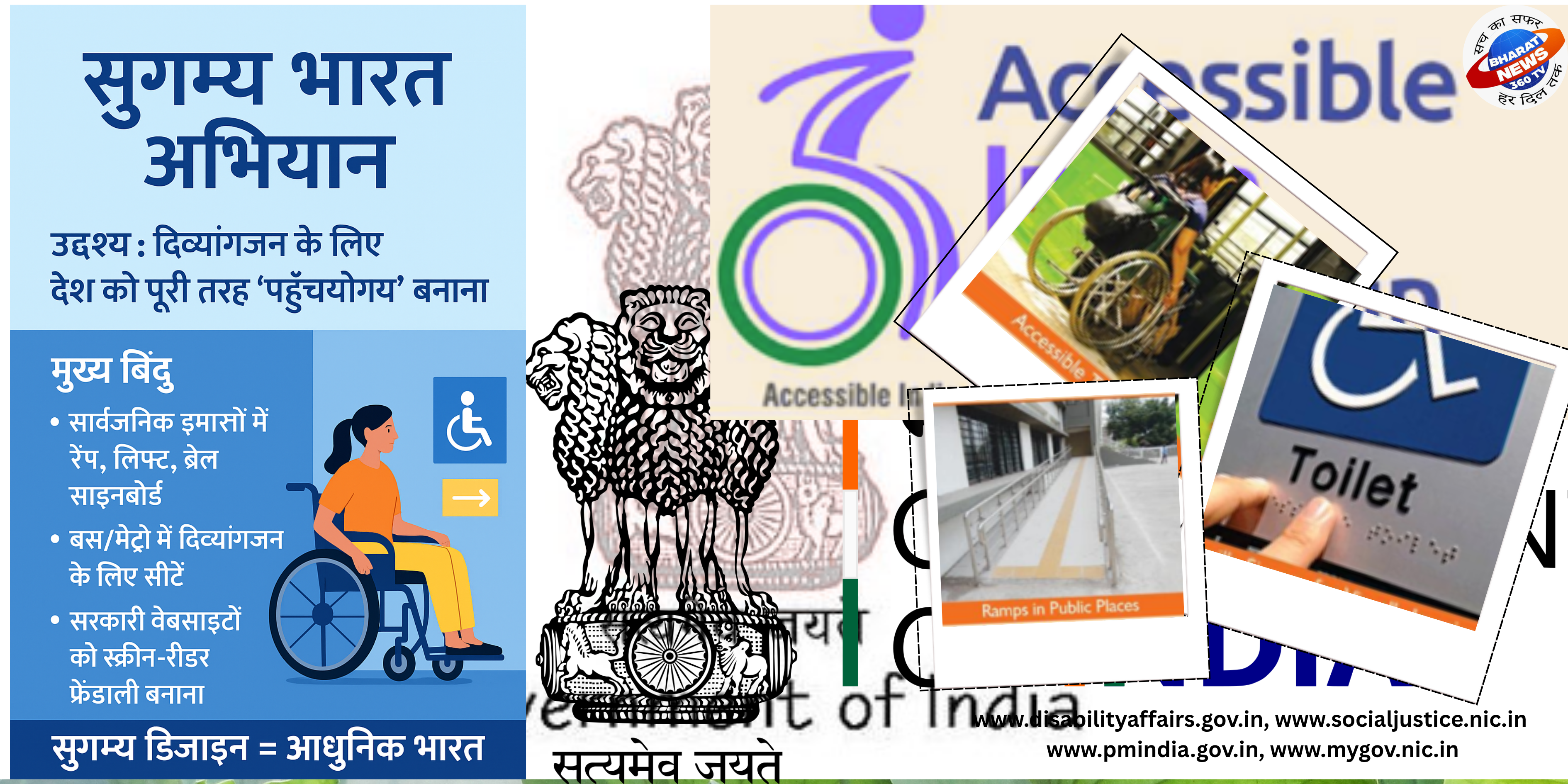Occupational therapy is a health profession that focuses on helping people of all ages perform daily activities, or "occupations,"
Helping You Achieve What Matters Most On “World Occupational Therapy Day” 27, October 2024
Today, on World Occupational Therapy Day (27, October 2024) the Occupational therapy community all over the world is coming together to raise awareness about the life-changing benefits of occupational therapy (OT). Celebrated annually on October 27th, this day serves as a reminder of the crucial role occupational therapists play in empowering individuals to live more independent, fulfilling lives, regardless of physical, emotional, or cognitive challenges.
‘Occupational Therapy for all’ is the theme of this year.
Occupational therapy is a health profession that focuses on helping people of all ages perform daily activities, or "occupations," that are essential to their well-being. From basic self-care tasks like eating and dressing to more complex activities like working, socializing, and pursuing hobbies, occupational therapists work with clients to develop, regain, or maintain the skills needed for these everyday tasks.
Unlike other medical treatments, occupational therapy is highly personalized. It takes into account the patient’s goals, abilities, and environment, providing a tailored plan to overcome challenges and enhance participation in daily life. Whether assisting a child with developmental delays, supporting an adult recovering from an injury, or aiding an older adult to age safely at home, occupational therapists are at the forefront of improving quality of life.
Occupational therapy is unique in its ability to serve people at every stage of life:
Child Stage: OT helps children with developmental disorders (e.g. Autism), learning disabilities, or physical impairments (e.g. Cerebral Palsy, Congenital foot or hand anomalies, etc.) to improve fine motor skills, sensory processing, and social interaction. They use specialized therapeutic techniques to allow children to thrive in school and everyday activities.
Adults Stage: For adults recovering from injury (fractures, amputation, head injury, etc.), illness (Haemophilia, Parkinsonism, etc), or surgery (Plastic surgeries, Nerve transfers, muscle transfers, deformity correctional surgeries, etc) occupational therapy offers rehabilitation that focuses on regaining independence. This may include retraining in daily activities like dressing, cooking, or driving, as well as adapting to long-term disabilities.
Older Adults Stage: As aging can bring new challenges such as decreased mobility or cognitive function, occupational therapy helps older adults manage chronic conditions like arthritis or dementia, enabling them to live safely and independently for as long as possible.
Mental Health: Occupational therapy also plays a significant role in mental health, helping individuals with conditions like anxiety, depression, or schizophrenia to build healthy routines and improve coping mechanisms.
Bridging the Gap Between Health and Everyday Life
Occupational therapists are problem solvers who work closely with their clients to address specific barriers to participation. They may:
1. Design home or workplace adaptations: For individuals with mobility issues or cognitive impairments, occupational therapists recommend modifications like installing ramps, grab bars, or specialized seating to enhance safety and independence.
2. Introduce assistive technology: From simple tools like adaptive utensils to advanced devices like speech-generating machines, occupational therapists provide solutions that help people carry out daily activities with greater ease.
3. Rehabilitate injuries: For people recovering from accidents or surgeries, OT helps them regain their ability to perform essential tasks, reducing their reliance on caregivers.
4. Promote emotional well-being: Occupational therapy also addresses the psychological aspects of recovery, using therapeutic activities to boost confidence, reduce anxiety, and improve mental health.
On World Occupational Therapy Day, healthcare organizations, educational institutions, and advocacy groups around the world are hosting events to raise awareness about the profession’s impact.
This year’s theme focuses on the empowering nature of occupational therapy and its ability to enable individuals to live their best lives despite physical or mental limitations.
“We see firsthand the difference that occupational therapy makes every day,” says Dr. Anoop Kumar Agarwal, Former Associate Professor and HOD (OT), DDUIPH, Delhi. “Whether it’s helping someone return to work after an injury or guiding a child with developmental delays to participate fully in school, our goal is to make life easier, more functional, and more joyful for our clients.”
For more information on occupational therapy services and courses, visit the AIOTA website or contact your nearest Rehabilitation facility in any hospital or center.
Dr. Pankaj Bajpai
President-All India Occupational Therapists’ Association Former Associate Professor & Head of the Department Department of Occupational Therapy
National Institute for the Locomotor Disabilities
(Under Dept. of Empowerment of Persons with Disabilities, GOI), Kolkata, West Bengal





COMMENTS